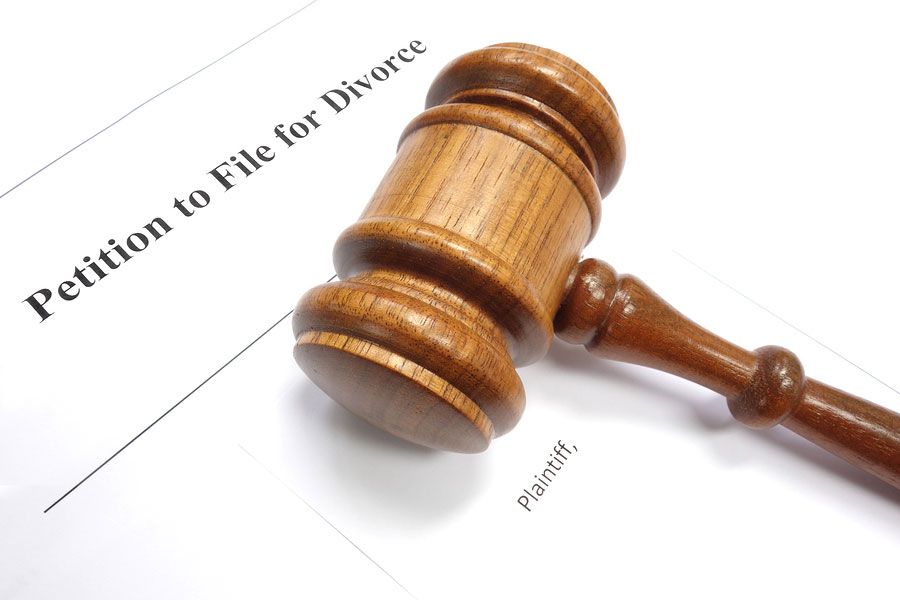I was recently served with divorce papers. On the back of form FL-110, it mentions “family law restraining orders”. Do these apply to me?
These are known as Automatic Temporary Restraining Orders (ATROs), and consist of a set of four (4) orders that automatically go into effect and bind both parties in a divorce case. There is no need for either spouse to actually request these temporary restraining orders (thus,“automatic”). When the petitioner spouse files the divorce petition, the ATROs apply to them. When the respondent spouse (you in this scenario) is personally served, the ATROs bind the respondent. You can consider these restraining orders as means to maintain the “norm” and instruct spouses what actions they cannot perform that would harm any children or marital assets during the divorce process. Automatic temporary restraining orders stay in effect until, a) there is a court order that modifies it or them, b) the petition is dismissed, or, c) there is a final judgment. So they can be terminated earlier than the final judgment, but it takes court intervention.
Following is a brief summary of each of the orders. For further detail and advice, it’s best to consult with a family law attorney.
ATROs prevent the children from being removed from California
The ATROs instruct both parties that they cannot remove their children from California. They also instruct the parents that neither may apply for new or replacement passwords for the kids.
ATROs automatically restrain certain community or separate property related actions
The automatic temporary restraining orders tell each spouse they are restrained from “transferring, encumbering, hypothecating, concealing, or in any way disposing of any property, real or personal, whether community, quasi-community, or separate,” without the other spouse’s written consent or a court order.
ATROs automatically restrain certain actions against insurance policies
Neither of the spouses may engage in “cashing, borrowing against, canceling, transferring, disposing of, or changing the beneficiaries of any insurance or other coverage, including life, health, automobile, and disability held for the benefit of the parties and their child or children for whom support may be ordered.”
ATROs automatically restrain certain nonprobate transfers
They set rules against creating a nonprobate transfer or modifying a nonprobate transfer in a manner that affects the disposition of property subject to the transfer, without the other party’s written consent or a court order. Included are trusts and transfer (or pay) upon death agreements.
